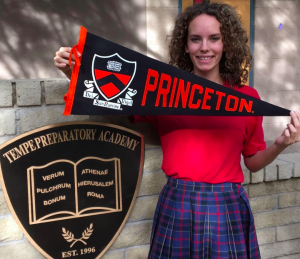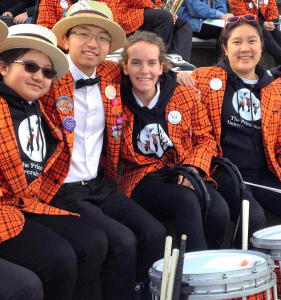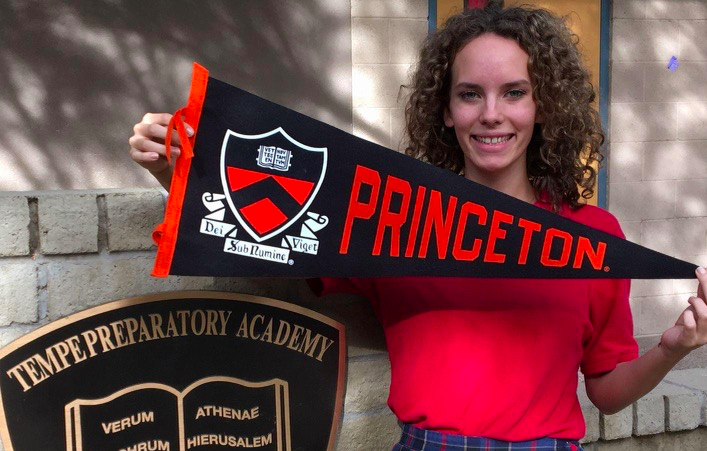By Clara Moffitt
Some people go to Hawaii for the beaches. Others go for the hiking trails. Some people go to Hawaii to solve human rights issues. Emma Moriarty, TPA alumna from Class of 2018, saw Hawaii not as a vacation paradise, but a site of injustice that she wanted to address. Emma went to Hawaii “to expand upon a project I did in my freshman seminar,” she says, “about how aid for sex trafficking survivors in Hawaii is distributed in a very discriminatory way.”

Emma explains that victims of human trafficking can only receive government support if they live on the island Oahu, which neglects the other half of Hawaii’s population on other smaller, more rural islands. “I went there the summer after my freshman year to study why that is,” Emma says. While there, Emma worked at a shelter for sex-trafficked youth, “because they don’t have any shelters for adults.” This involved creating educational plans, driving youth to appointments, playing soccer, meeting with various nonprofit representatives, education on human trafficking, and outreach.
Emma has always been interested in human rights. As a current student at Princeton University, she learned about human trafficking in the required Freshman Writing Seminar. Emma explains that the class was extremely overwhelming as she realized the number of people who are suffering: “I was so shocked.” She took this shock and discomfort and decided that she wanted to do something about it.
She applied for a grant through Princeton that involved presenting her idea and thoughts on aid in Hawaii to a board of individuals who then offered her money to pursue this project. Though she had funding, Emma still needed to find an organization to work through. Emma found and created this opportunity on her own through research, reaching out, “and so many calls.” “I reached out to about 50 people,” she says. Emma emphasizes the importance of “casting a wide net” when it comes to actively looking for opportunities.

Emma is now the president of the Anti-Trafficking group on campus to encourage the bright minds at Princeton to consider these types of issues when entering high profile jobs as leaders in the future. She is also currently working with the woman who gave her the job in Hawaii on a podcast which tells the stories of survivors, addresses current activism efforts, and helps sex-trafficked survivors find peace.
Emma is an example of alumni making impact. She had an open mind to learning about issues and then sought actively opportunities to address them. Most of us will kick up our feet when we go to Hawaii, but Emma was there to make a difference.
